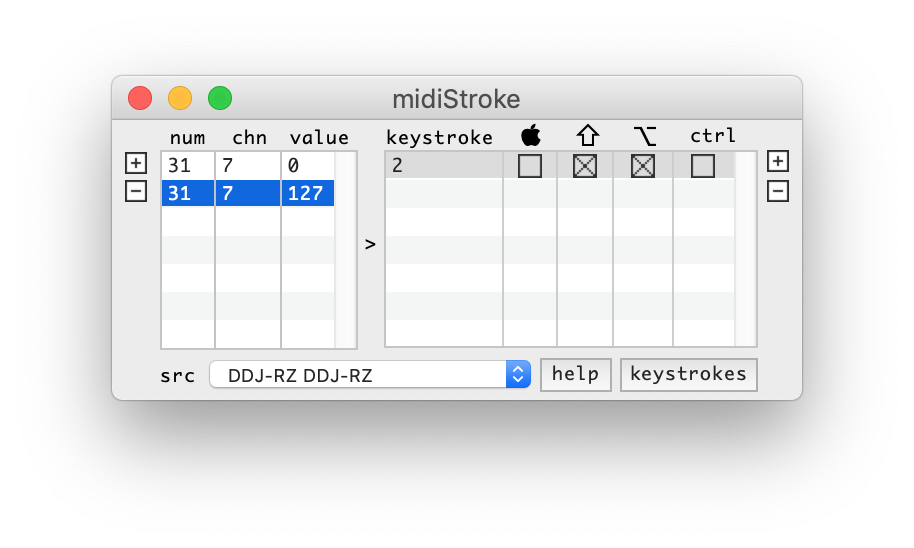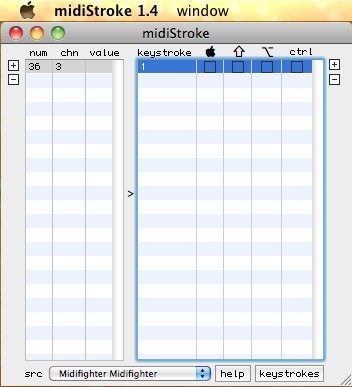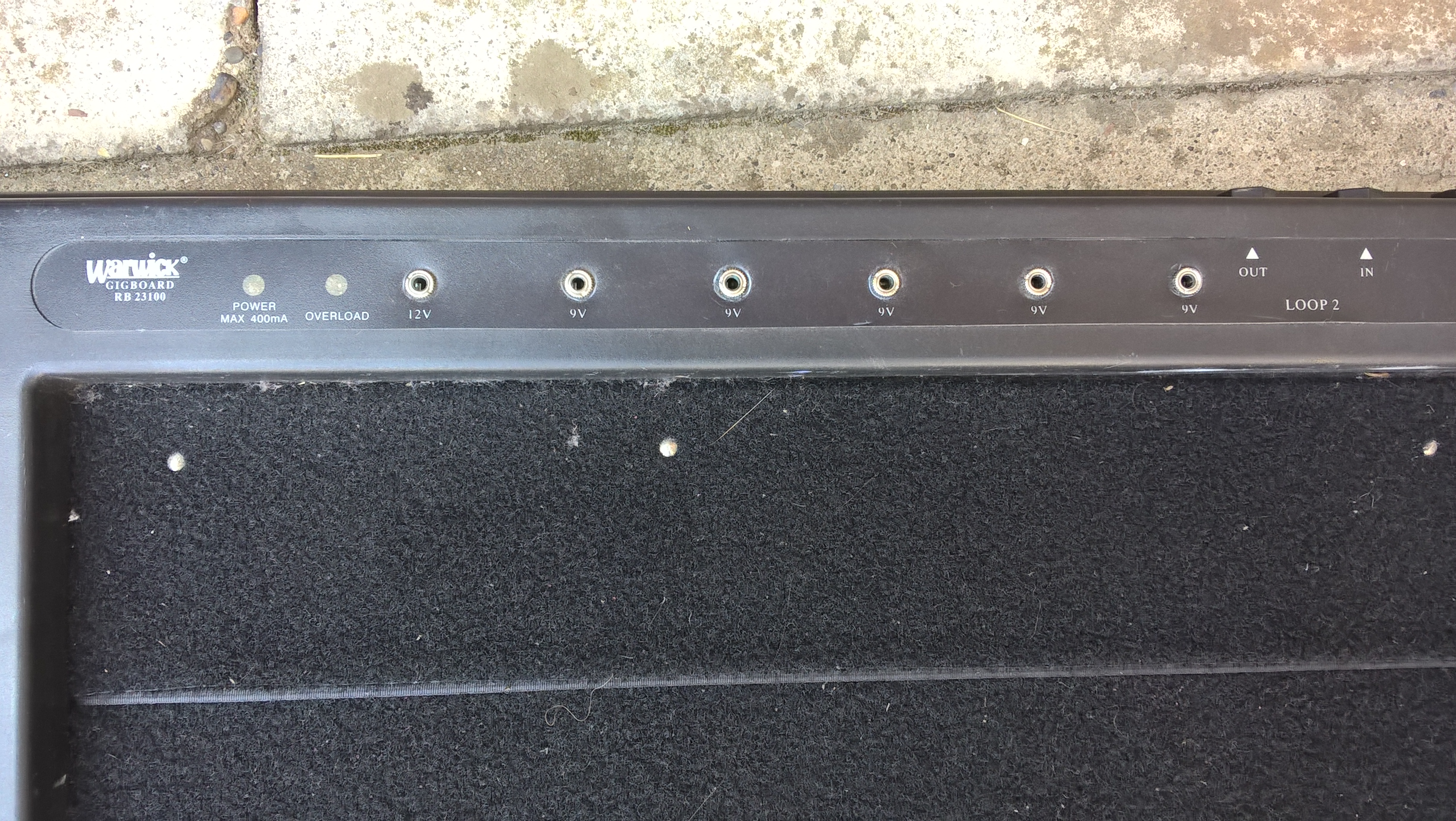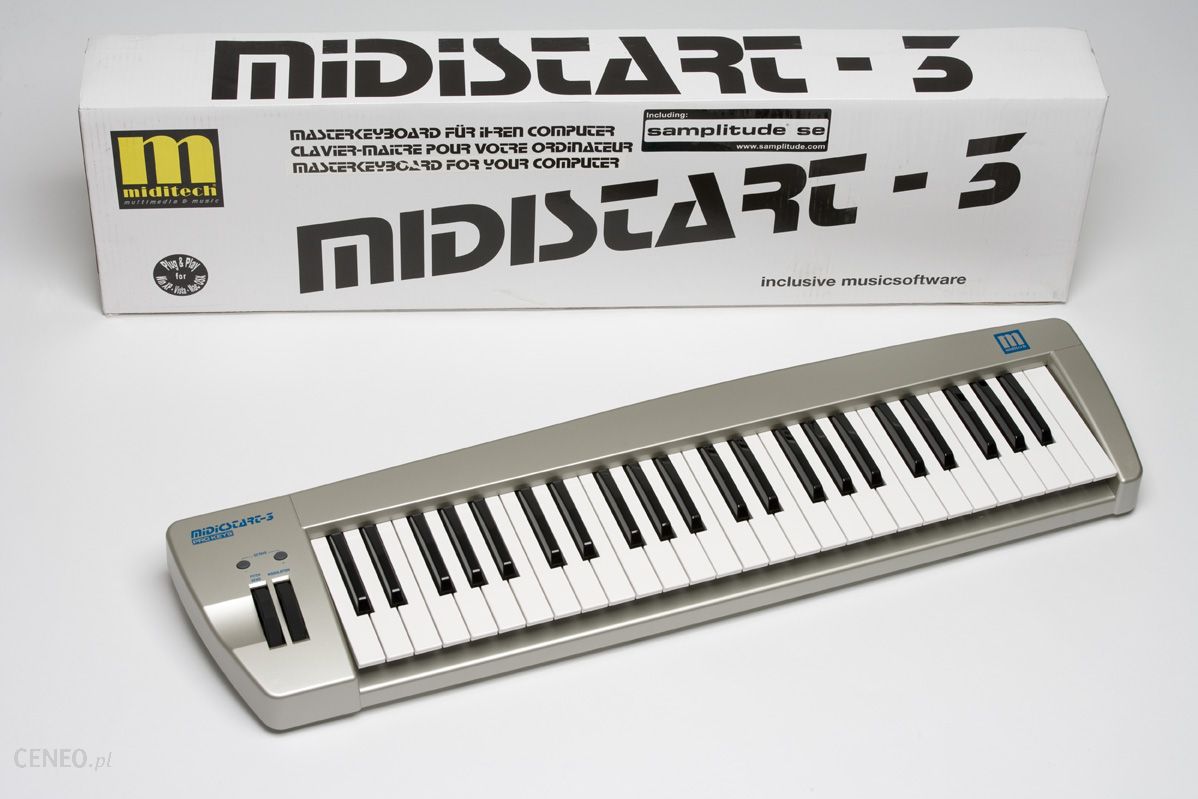
- #MIDISTROKE CLICK HOW TO#
- #MIDISTROKE CLICK INSTALL#
- #MIDISTROKE CLICK MANUAL#
- #MIDISTROKE CLICK PROFESSIONAL#
#MIDISTROKE CLICK PROFESSIONAL#
More effective option – remove midiStroke with a professional uninstaller

Therefore, you also can try to visit the app's website and see whether there is a specific uninstallers for midiStroke. In addition, some publishers might release their own uninstallers, which support users to uninstall their applications on the Mac. After uninstalling the program itself in Applications folder, like the first traditional way, you should go to the user's Library folder either, and then clean all of its application support files, caches and preferences without leaving any file or trace.If you don't have such a specific uninstall process on your Mac, you will have to take another way to perform the app removal.Double-click on its uninstall process, and follow the instruction to remove it.Click to open midiStroke's folder if you have it on your Mac.Click on Go on the top menu, and select Applications.
#MIDISTROKE CLICK MANUAL#
Manual option – remove the app and its files one by one After finishing to clear all of midiStroke's files and traces thoroughly on the Mac, you will just complete the whole removal job on your computer.The same, continue to open Preferences folder in the Library, and delete related preferences of the app or its publisher.Back to the Library window, and click to open Caches this time, delete those caches files of midiStroke.Double click to open Application Support folder in the Library, have a check and delete midiStroke's folder inside.Type "~/library/" in the box, and hit the Return key to access to the user's library folder.Click on Go on the head menu, and click Go to folder.After conducting the above removing steps, you should continue to find and clear everything belonging to midiStroke on the Mac.Right-click on the Trash icon on the Dock, and select Empty Trash to delete the app you just removed.Drag the app's icon to the Trash to remove it,.Quickly, you will see a programs list on the right pane, find and locate midiStroke.Click Finder on the Dock, and then click Applications on the left pane.If you are not sure whether it is running on the Mac at that moment, you can check the Dock, right-click on the app if it appears at there, and select exit Several guides to uninstall midiStroke from Mac Traditional option – remove the application to the Trash midiStroke removal encounters a problem when follow the traditional way to uninstall it, such as removing process has not response or just shut down before finish the removal.Cannot 100% remove all related files of the application.Cannot find and delete all of midiStroke's files and traces on the computer.Not clear what's the right way to remove an application on Mac.Don't know where should start the program removal.midiStroke causes an application conflict issue with other apps on the MacĬommon removing problems you might encounter.The program occupies a lot of space which affect the Mac's performance.



#MIDISTROKE CLICK INSTALL#
When install midiStroke on the Mac, it will also bring many of its supported files to the Mac, including application support files, preferences, caches etc. Hard to uninstall midiStroke from Mac? Don't know where the file is or where to start the removal? This post is all about the how-to guides to help you remove this program from Mac.
#MIDISTROKE CLICK HOW TO#
Uninstall midiStroke Guides – How to Remove midiStroke for Mac


 0 kommentar(er)
0 kommentar(er)
